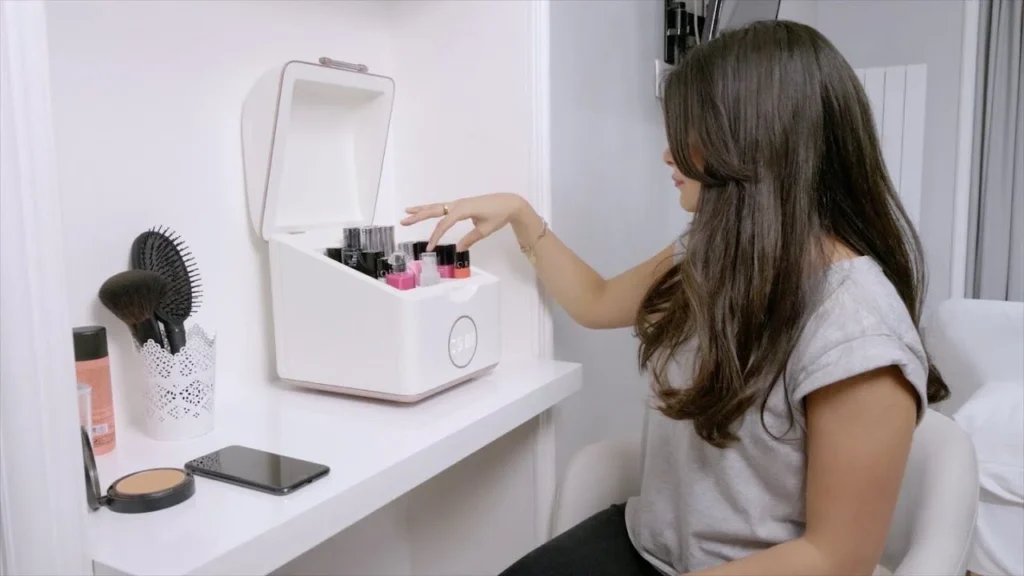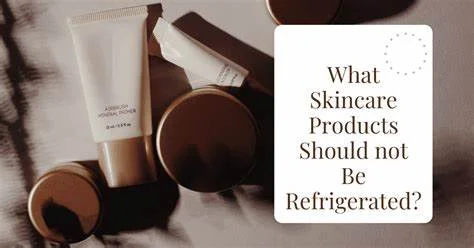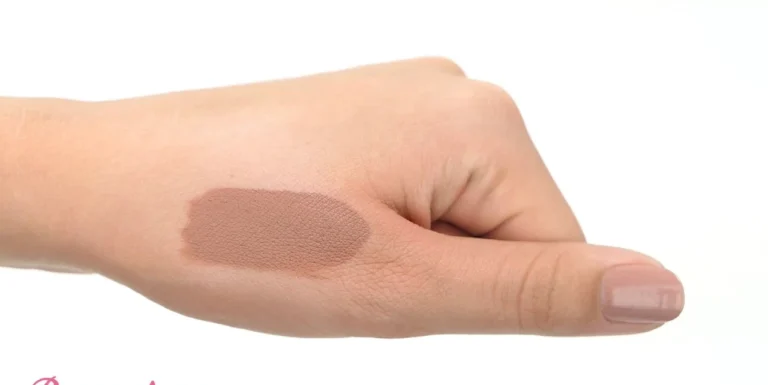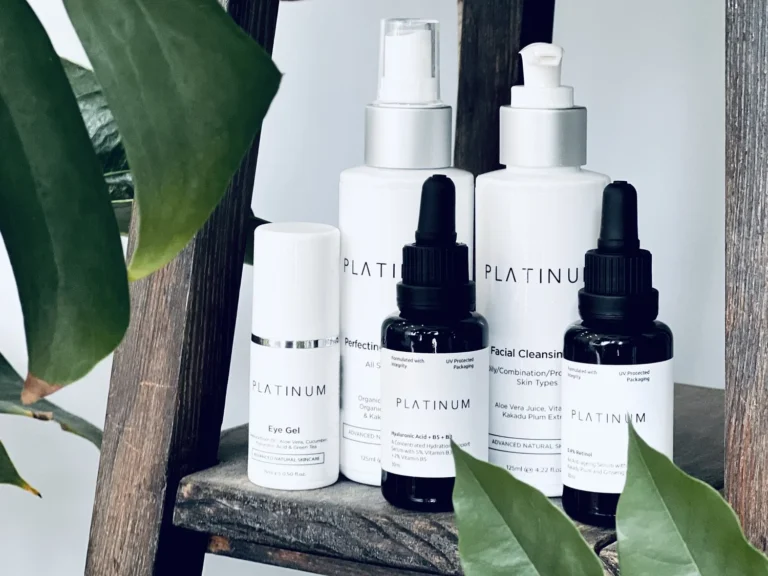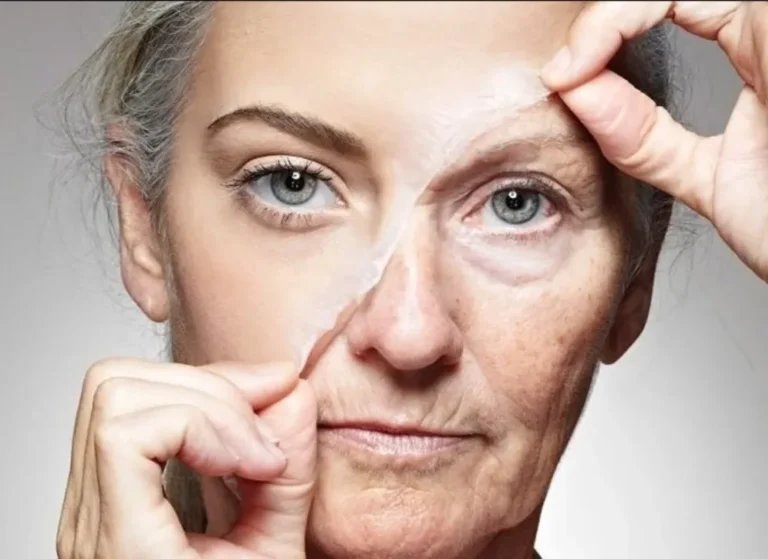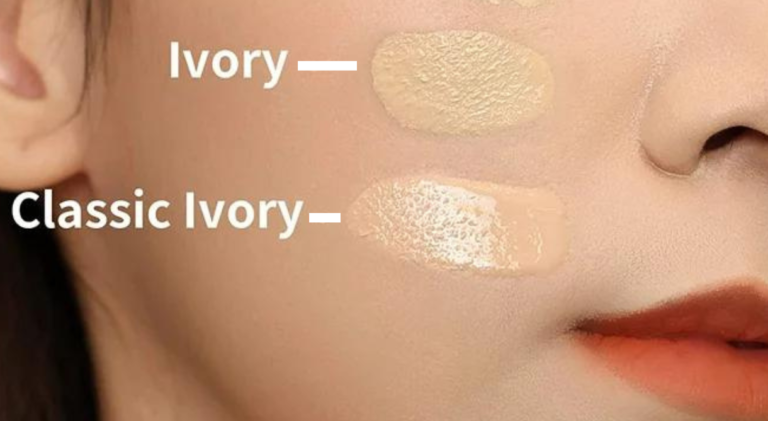Freeze or Not to Freeze: What Skincare Products Should Not Be Refrigerated?
Introduction: The Chilling Dilemma
Have you ever wondered about the ideal habitat for your skincare essentials? The refrigerator, with its promise of a cool, refreshing touch, might seem like the perfect haven. But before you toss every serum and cream into the chilly abyss, let’s unravel the mystery: what skincare products should not be refrigerated? In this guide, we’ll embark on a journey through your skincare routine to discover which products thrive at room temperature and which ones prefer to steer clear of the freezer.
The Pros and Cons of Refrigerating Skincare Products
Refrigerating skincare products can have some benefits, depending on the type and quality of the product.
Some of the advantages of keeping your skincare products in the fridge are:
- It can help prevent bacterial growth and contamination, especially for products that contain natural or organic ingredients or that have a low preservative content.
- It can slow down the oxidation and degradation of some ingredients, such as vitamin C, retinol, and antioxidants, that are sensitive to heat, light, and air exposure.
- It can provide a cooling and soothing effect on the skin, which can be beneficial for reducing inflammation, redness, puffiness, and irritation.
- It can make some products more effective, such as eye creams, masks, and toners, by constricting the blood vessels and tightening the pores.
However, refrigerating skincare products can also have some drawbacks, such as:
- It can alter the texture, consistency, and viscosity of some products, making them too thick, runny, or separated.
- It can affect the stability and performance of some ingredients, such as emulsifiers, oils, and waxes, that need a certain temperature range to work properly.
- It can cause condensation and moisture to form on the product packaging, which can lead to bacterial growth and contamination or dilute the product formula.
- It can make some products less effective, such as moisturizers, serums, and oils, by reducing their absorption and penetration into the skin.
Which Beauty Products Should Be Refrigerated?
Some beauty products can benefit from being stored in the fridge, while others can be harmed by it. Generally, products that contain natural or organic ingredients or that are sensitive to heat, light, and air can be refrigerated to preserve their quality and effectiveness. However, products that contain water and oil or that have a specific texture and consistency, should not be refrigerated, as it can change their formula and performance.
- Eye Creams: Icing on the Cake: Dive into the world of chilled eye creams, your go-to remedy for under-eye puffiness and dark circles. The cool temperature enhances their soothing properties, making those tired eyes feel refreshed and revived.
- Gel-Based Marvels: A Cool Quotient: Moisturizers, masks, and serums with a gel-based formula are like the popsicles of the skincare world. The fridge amplifies their refreshing feel, providing a burst of coolness that’s especially welcome on a hot summer day.
- Aloe Vera Gel: Frosty Relief: Nature’s remedy for sunburns and irritated skin, aloe vera gel, gets an extra cool factor when stored in the refrigerator. The cold application adds an extra layer of relief, turning your skincare routine into a spa-like experience.
- Sheet Masks: The Icy Indulgence: Treat yourself to a chilled sheet mask session for the ultimate skincare indulgence. The coolness tightens pores and calms the skin, making it a perfect addition to your self-care routine.
What Skincare Products Should Not Be Refrigerated?
As you can see, refrigerating skincare products is not a one-size-fits-all solution. Some products may benefit from being stored in the fridge, while others may suffer from it. Therefore, it is important to know what products you should not refrigerate and why. Here is a list of some common skincare products that you should avoid putting in the fridge:
- Creams, lotions, and moisturizers: These products usually contain a mixture of water and oil, along with emulsifiers that help them blend together. Refrigerating them can cause the water and oil to separate, resulting in a change in texture and consistency. This can make them harder to apply and spread on the skin and reduce their hydration and moisturization effects. Moreover, refrigerating creams, lotions, and moisturizers can lower their temperature, which can affect their ability to penetrate the skin and deliver their active ingredients.
- Serums and oils: These products are usually highly concentrated and potent, containing active ingredients that target specific skin concerns. Refrigerating them can alter their chemical structure and stability, making them less effective and potent. Furthermore, refrigerating serums and oils can make them too cold and thick, which can hinder their absorption and penetration into the skin and cause them to sit on top of the skin instead of sinking in.
- Balms and ointments: These products are usually made of solid or semi-solid ingredients, such as waxes, butters, and oils, that melt at body temperature. Refrigerating them can make them too hard and solid, which can make them difficult to scoop out and apply to the skin. Additionally, refrigerating balms and ointments can affect their healing and soothing properties, as they need to melt on the skin to form a protective layer and seal in moisture.
- Makeup products: These products are usually designed to be applied at room temperature, as they have a specific texture, consistency, and pigmentation that suit different skin types and tones. Refrigerating them can change their color, coverage, and finish, making them look patchy, cakey, or uneven on the skin. Moreover, refrigerating makeup products can affect their shelf life and expiration date, as they may contain ingredients that react differently to cold temperatures.
What Are the Benefits of Cold Storage for Beauty Products? Unlocking the Cold Magic
Preserving Potency: A Cold Symphony for Ingredients
Cold storage helps maintain the potency of active ingredients in skincare products. Explore how the refrigerator becomes a fortress, shielding your products from premature degradation.
Texture Enhancement: A Cold Spa Treatment
The cool touch can enhance the texture of certain products, providing a luxurious spa-like experience. Delve into the ways cold storage contributes to the sensory delight of your skincare routine.
Enhanced Skin Soothing: Cold as a Calming Agent
Discover how the cold can be a powerful ally in soothing irritated skin. From reducing redness to calming inflammation, cold storage can turn your skincare routine into a calming ritual.
How To Store Cold Skincare Products: Mastering the Art
Check the Label: Your Storage Bible
The product label is your guide to optimal storage. Decode the manufacturer’s instructions to ensure your products are housed in conditions that preserve their effectiveness.
Room Temperature Reigns Supreme
Most skincare products, unless explicitly stated otherwise, fare well at room temperature. Find a cool, dry place away from direct sunlight to house your beloved serums, creams, and masks.
Bathroom Ban: A Steamy Separation
As tempting as it might be to keep your skincare stash in the bathroom, resist the urge. The fluctuating humidity and temperature can turn your products into casualties of war. Choose a more stable environment elsewhere.
Portable Protection: Skincare on the Move
If your skincare routine is always on the go, show your products some love by protecting them from temperature extremes. Insulated bags or pouches can be your products’ knight in shining armor.
Conclusion: Striking the Perfect Balance for Glowing Skin
As you navigate the intricate dance of skincare, remember that the freezer isn’t a one-size-fits-all solution. Some products revel in the cold, while others prefer a milder climate. By understanding the nuances of each product, you’ll ensure that your skincare routine remains as effective as it is enjoyable. So, freeze or not freeze? The answer lies in striking the perfect balance for radiant and hap


